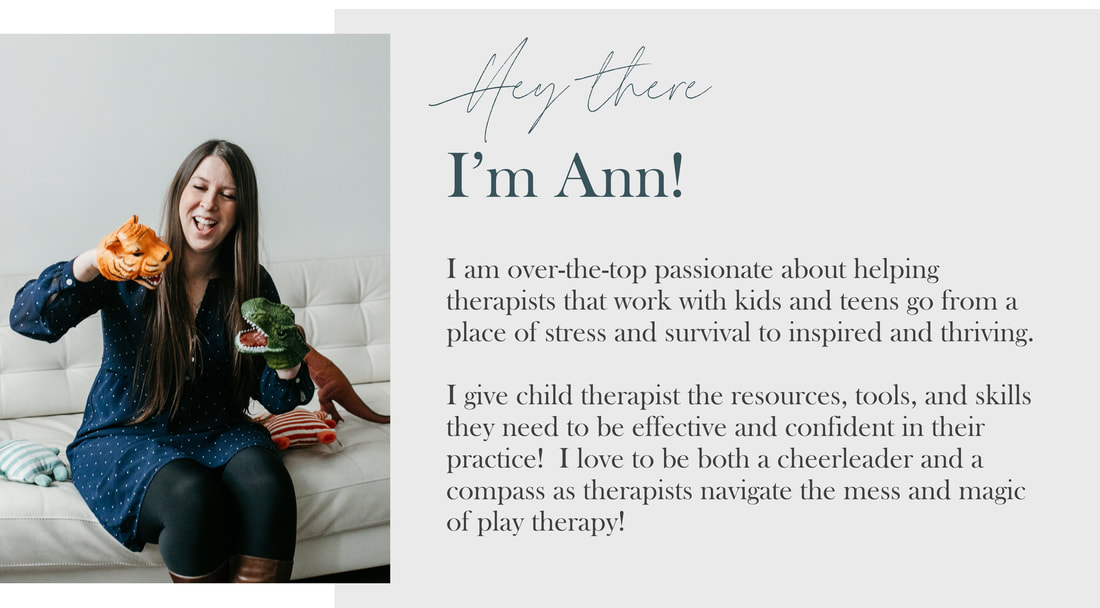|
When it comes to child and adolescent therapy, who should be in charge of the changing? Doing the heavy lifting and the work? The child or the parent?
Well… my answer to this question is usually BOTH!
This happens to be backed by research and when we unpack it, it completely makes sense!
Children are responsible for their thoughts, feelings, and choices. AND at the same time their thoughts, feelings, and choices are directly tied to their environment, genetics, past experiences, and attachment. Now, parents aren’t 100% responsible for their child’s behavior. Kids go through different stages of development where they tend to be more emotional, test limits, etc. and all of this is within what we can expect for development. Ugh… and yes the tantrum in the middle of Target is typically inevitable. And there is a role of genetics and temperament when it comes to who develops mental health struggles and when. So changing a child’s behavior and emotions (which is typically why parents seek therapy) is a complex dance between learning skills and tools, gaining insight (through play therapy), healing from past trauma, increasing attachment, and structuring the environment to be more supportive to regulate emotions and develop helpful behaviors. In short - a parent's role is to be with their child as the waves of emotions and behaviors come, helping their child ride the wave, and structure the environment (and the parent’s responses and co-regulation) in a way that helps support the child to be the most successful they can be. The child’s role is to explore the sources of the big feelings and behaviors, heal trauma, explore feeling safe within attachment, and to learn new ways of thinking, feeling, and acting. Simple right? So where does that leave us with the parents who view the answer to the question we started with as “my child is 100% responsible for change?”. Sometimes this can come along with the belief that the child “wants” to act in a certain way or that if a child wanted to change badly enough they just would. AND anyone who has tried to do something new like start an exercise program, clean their house on a regular basis, or keep up on their notes knows it's just not that simple. I wanted to share with you my top three ways that I use to increase parent engagement and buy-in to strategies and skills: Psychoeducation This is the part where therapists get to educate parents on just how important they are in their child’s life. I often teach parents aboutemotional regulation, bust myths on regulation, and help parents understand what part of their child’s brain is functioning and what appropriate parenting skill and tool to use when (think Dr. Siegel’s Hand Model of the Brain and Polyvagal Theory). It is when parents start to begin to understand the monumental role they play in their child’s life regarding attachment, co-regulation, and structuring their environment that they can begin to understand how they can support their child in their child’s mental wellness. Parent only meetings Parent only meetings are where therapists get to listen (unfiltered) to the parents stress in parenting a child with anxiety, anger, stress, trauma, and depression. It is in these moments that we can apply some of therapist's superpowers, like validation, to help parents feel seen in their struggles and that they are not alone. During these meetings we can also address some of parents' specific fears and worries about getting in and doing the work, like it’s “their fault” that their child has a mental health diagnosis or they “should have been able to prevent it”. These are some of the thinking patterns that overwhelm parents and can prevent them from having buy-in. Specific and tangible skills Often times parents can have feelings of powerlessness and hopelessness that there is nothing they can do to support their child. One of the things that therapists can do to help increase buy-in is be crystal clear and specific. Does a child need 15 minutes of one-on-one time 3x per week? Does a child need 10 extra minutes of cuddle time before bed? What about troubleshooting a specific limit that a parent is feeling stuck with? What should they do instead? Specific and tangible skills (that are backed by science and research) can help parents feel more empowered and can actually give them a clear idea of what it means to be engaged in their child’s mental health. If you are looking for more support in your work with parents and caregivers in the playroom check out my course Holding Systems: Supporting Parents and Caregivers in The Playroom! Loading...
0 Comments
Leave a Reply. |
Hi, there!I'm Ann Meehan, an LPCC, Loading... Archives
July 2024
Categories
All
|
Privacy Policies | Terms of Use | Disclaimer
Contact
[email protected] | Copyright Meehan Mental Health Services 2022
Contact
[email protected] | Copyright Meehan Mental Health Services 2022







